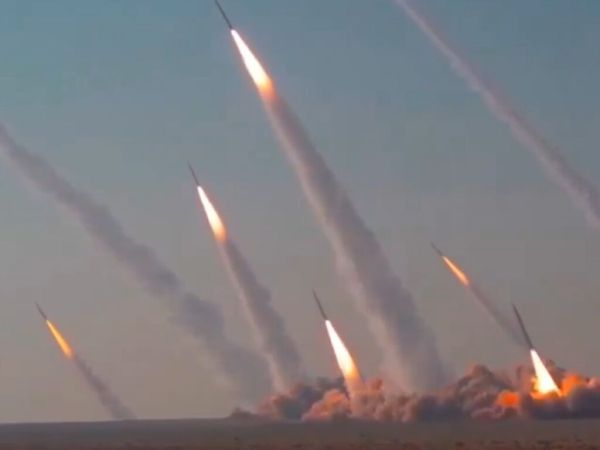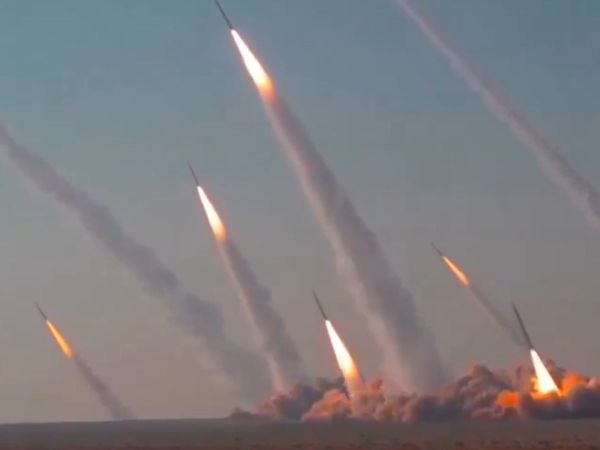

Tensions in the Middle East flared again early Tuesday as Israel issued a red alert after detecting a fourth wave of missiles launched from Iran, just hours after former U.S. President Donald Trump claimed that a ceasefire deal had been reached between the two adversaries.
The Israeli military confirmed the detection of the latest missile volley and immediately urged the public to seek shelter. A statement issued on the military’s official X (formerly Twitter) account read:
While Israel’s Iron Dome missile defence system remains operational, the latest wave adds to the pressure following earlier strikes that killed at least three people in the southern Israeli city of Beersheba. Several others were wounded when a missile hit a residential area, heightening public fear and frustration.
Despite these escalating attacks, Israeli Prime Minister Benjamin Netanyahu has not made any public statement regarding Trump’s ceasefire announcement. According to The Jerusalem Post, Netanyahu convened a security cabinet meeting late Monday that lasted well into the early hours of Tuesday. Reportedly, ministers were instructed to refrain from public comments as discussions on security and military strategy continued behind closed doors.
The silence from Netanyahu stands in stark contrast to Donald Trump’s announcement, where he claimed that both Israel and Iran had come to him “almost simultaneously” seeking peace. Trump declared that both nations had accepted a U.S.-proposed ceasefire, calling the world “the real winner” of the agreement.
However, on the ground, the situation appears far from resolved.
From Tehran, Iranian officials issued statements suggesting that Iran will cease retaliatory strikes if Israel halts its attacks. Iranian Foreign Minister Abbas Araghchi emphasized that Iran’s military response would persist as long as Israeli strikes continue. The situation has triggered intense public pressure within Iran, particularly after Israeli airstrikes targeted infrastructure linked to nuclear and military facilities as well as residential buildings.
Journalists reporting from Tehran confirmed that while there had been no new reports of explosions in the capital or other major cities in the past few hours, the overall atmosphere remains tense and uncertain.
Traditionally, the IRGC issues confirmations after launching missiles, providing details and intent behind their actions. The absence of such communication has added to the confusion, leaving room for speculation about Iran’s next move and whether the leadership is weighing its options to avoid further escalation.
Diplomatic observers are urging restraint from both sides. With the lack of confirmation from Iran’s IRGC and no official endorsement from Netanyahu regarding the ceasefire, the conflict appears poised on a knife’s edge.
The broader public in both countries and the international community are left hoping for de-escalation. However, each passing hour without dialogue or confirmed agreement only increases the risk of a deeper conflict, possibly drawing in more regional actors.
For now, air raid sirens continue to sound across Israel, and diplomatic communication lines remain quiet. Whether Trump’s claim of peace materializes remains to be seen.
The post Israel Issues Red Alert As Iran Launches Fourth Wave Of Missiles Amid Uncertainty Over Trump’s Ceasefire Deal appeared first on NewsX.